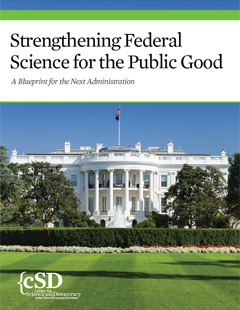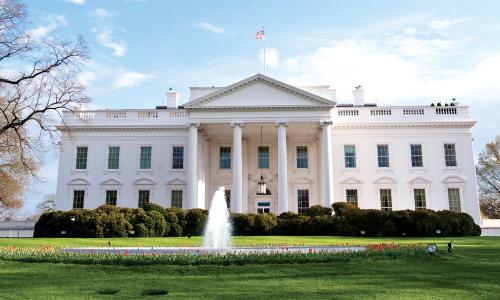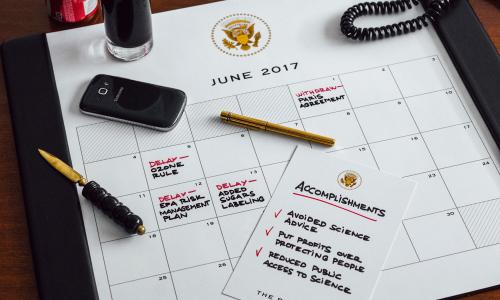Science plays a crucial role in shaping government policy. On a multitude of fronts, our health, safety, and well-being depend on standards, safeguards and public initiatives that are grounded in the work of federal scientists.
And as government science has become more important, it has also become more vulnerable to manipulation by political, ideological, and financial interests. In response to growing public concerns about such manipulation, President Barack Obama promised, on taking office in 2009, to "restore science to its rightful place." The Obama administration took several steps to follow up on this promise, most notably a presidential directive that resulted in 23 federal agencies adopting formal scientific integrity policies.
Despite these efforts, problems persist: politics have derailed what should have been science-based agency decisions; some agency scientific integrity policies are weakly written or inadequately implemented; and scientists and journalists have reported an increase in barriers to the free flow of scientific information.
Our policy blueprint, Strengthening Federal Science for the Public Good, offers dozens of concrete, specific recommendations for policy initiatives that the incoming administration and new Congress can take to address these issues and help federal science serve the public more effectively.
What is scientific integrity
The blueprint describes scientific integrity as "a practice whereby independent science, free from inappropriate political, ideological, financial, or other undue influence, fully informs policy decisions in a transparent way."
Scientific integrity in this sense is not merely the absence of scientific misconduct, but the proper use of science in government decision making and its contribution to public understanding as it informs public policy and debate.
The report highlights three key principles of scientific integrity:
- Independent science. To achieve better decisions and public trust, federal science must be free from political interference and stem from a valid and credible scientific process.
- Transparent decision making. The public should have access to information about how science is used in shaping policy.
- Scientific free speech. Federal scientists should have the freedom to conduct research, publish their findings, communicate about those findings to the public, express personal views on science and policy, and keep up with advances in their profession.
The recommendations
The report's recommendations are directed to three distinct audiences within the federal government:
Recommendations for the 45th president include providing strong and consistent leadership and guidance to agencies on implementing scientific integrity policies; making science-friendly appointments to key science advice posts in the White House; vetoing legislation that weakens the role of science in rulemaking and other decisions; affirming a commitment to openness and proactive disclosure; ensuring that the Office of Management and Budget and Office of Information and Regulatory Affairs do not interfere inappropriately with federal science; improving the transparency and integrity of federal scientific advisory committees; and encouraging broader and more diverse public participation in rulemaking processes.
Recommendations for new agency heads include taking steps to create a culture of scientific integrity in their agencies; reviewing and strengthening existing agency scientific integrity policies; demonstrating a strong commitment to whistleblower protection; improving conflict-of-interest policies; and adopting a variety of measures to increase transparency and responsiveness.
Recommendations for the 115th Congress include using its oversight role to protect and advance scientific integrity and the role of science in federal agencies; requesting a Government Accounting Office report showing how resource constraints and unfunded mandates undermine science-based policy; bolstering the scientific information that informs its own decision-making processes; and improving several specific pieces of legislation that affect the integrity or effectiveness of federal science.







